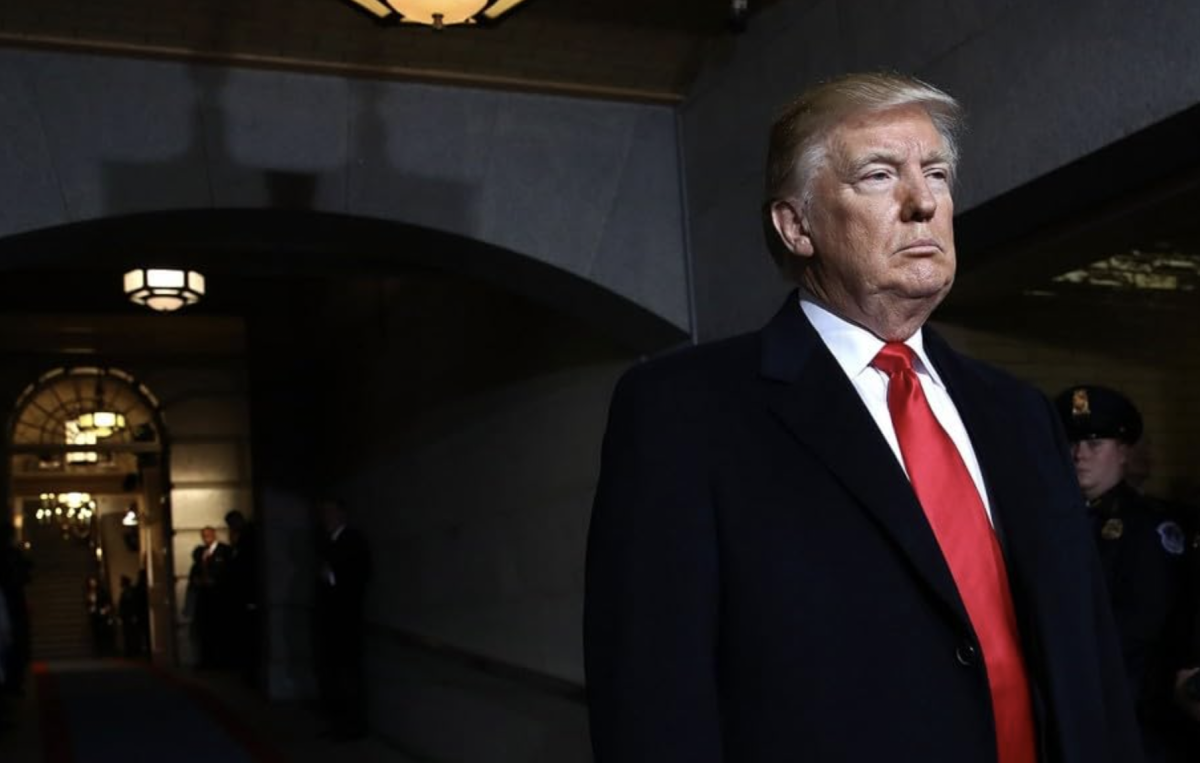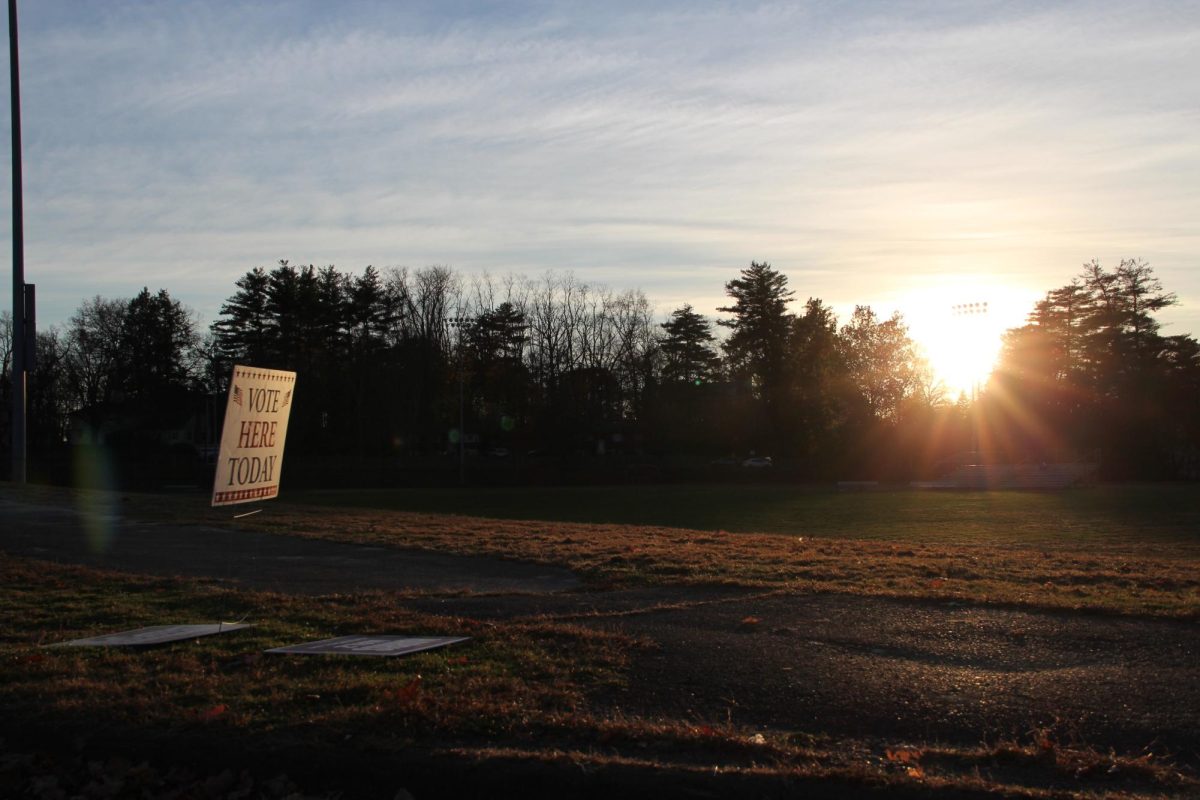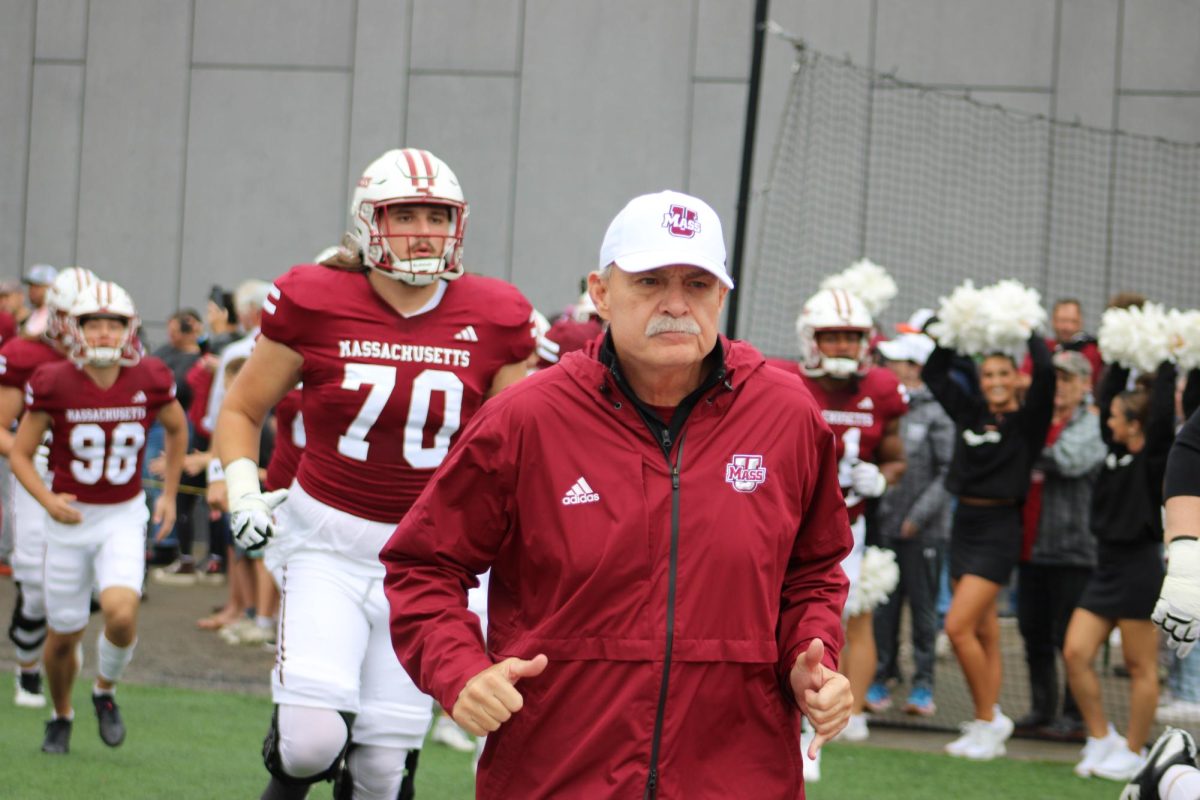International students at the University of Massachusetts gathered for a panel discussion on “Immigration Hot Topics” Thursday, against a swirling backdrop of mass migration and the social, political and economic tremors it has set off.
Immigration law attorney Dan Berger, of Curran & Berger LLP, and Ken Reade, the director of international student and scholar services in the International Programs Office, led the panel, which focused on international issues as well as U.S. immigration reform.
Reade and Berger were quick to assert their belief that the U.S. immigration system is flawed. To illustrate their point, they talked about the lack of available specialty visas known as H-1B occupation visas. There were 233,000 applications for only 65,000 of these visas for the fiscal year 2016.
A new proposal would extend the Optional Practical Training period for workers in STEM fields from 17 to 24 months, giving these very skilled immigrants more job security and time to contribute to the U.S. economy. Also, there is possibility that a new entrepreneur visa could give immigrants the chance to start their own business.
Reade warned that there would be no substantial reform to the broken system until after the election cycle. He recognized that no presidential candidate would touch the issue because with immigration, “there is no middle ground.”
“When the Trump administration begins in January 2016, you won’t have to worry about (visas) because you’ll all be deported,” he joked.
Most of those in attendance were graduate students at UMass on temporary visas. The uncertainty in the room was palpable, and Berger and Reade assured the crowd that resources are available to help them through the cumbersome visa process.
Berger acknowledged that immigrants can be vulnerable because their residency status is not guaranteed. He cautioned that the members of the audience should beware of any websites or organizations promising to get them a winning visa lottery ticket in exchange for money. They should also be wary of their friend’s advice because, while it may be well intentioned, visa laws are specific to each individual and constantly changing.
Berger said that in his law office, “The biggest problems we see are when people don’t plan ahead or don’t get good advice.”
He encouraged students to take advantage of the International Students Office and the Student Legal Services Office to avoid common pitfalls.
Although the hour and a half long panel was dominated by a thorough examination of immigration law and policy, Keane and Berger alluded to the terrorist attacks in Paris and the political posturing that they inspired.
“Whenever there is a perceived problem, immigration and people that are immigrants and migrants are scapegoated – they are looked upon as dangerous, as nuisances, as troublesome – and this is something that has gone on throughout history,” Keane said. “These are human beings that are risking lives and careers and everything else to try and improve their lot.”
Katsiaryna Aniskovich, a PhD student from Belarus on an F1 visa, was attending her first immigration panel discussion. While her sister applied for and received a green card through the lottery on her first try, Aniskovich said she has applied for 10 years with no success. She spoke to her frustration about the U.S. law, saying, “I just want to have some kind of secure work.”
The Student Affairs and Campus Life and IPO sponsored the event, held in Campus Center.
Mark Dunphy can be reached at [email protected].


















